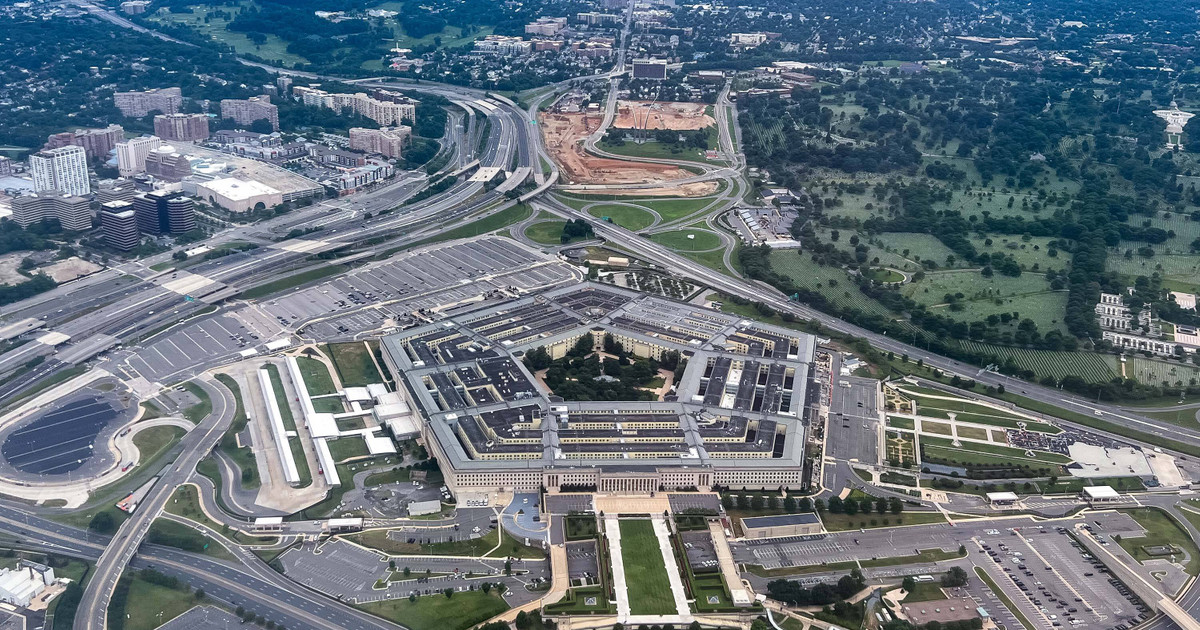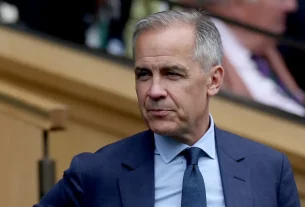In light of growing concerns surrounding potential executive actions by former President Donald Trump, Pentagon officials are reportedly engaged in internal discussions about how to respond if Trump were to issue controversial or legally questionable orders should he return to the presidency. The discussions reflect the high stakes of balancing military obedience with constitutional principles, particularly in a highly polarized political environment.
While Trump’s leadership raised concerns about his approach to using the military for political purposes during his first term, the issue is now coming to the forefront again as he campaigns for a second term. The Pentagon is said to be preparing for possible scenarios in which Trump may issue orders that would place military leaders in a difficult position or prompt national security concerns.
The Context: A Fractured Military-Civilian Relationship
During Trump’s presidency, the relationship between the military and the civilian leadership at times became strained. Notable moments included Trump’s calls to deploy active-duty troops during protests in 2020, as well as his controversial use of the military to clear peaceful protesters from Lafayette Square outside the White House for a photo op. Additionally, the handling of the January 6th Capitol riot and Trump’s rhetoric about military loyalty raised questions about how the military would act under a second Trump administration.
In the wake of the events surrounding January 6, 2021, Pentagon leaders made it clear that the military is an apolitical institution and would not take part in efforts to undermine democracy or subvert the will of voters. This stance is now a central point of concern as Trump campaigns for the presidency again. With the possibility that he may issue orders that are deemed inappropriate or unconstitutional, military leaders are once again tasked with ensuring that their response is consistent with U.S. law and their oaths to defend the Constitution.
Key Concerns: Orders that Could Put the Military in a Difficult Position
While the Pentagon has not disclosed specific details about the scenarios under discussion, several key concerns have emerged. Some of the orders that could cause controversy might include:
1. Use of Military Force Against Civilians
A key concern is the potential for Trump to call upon the military to suppress domestic protests or civil unrest, similar to his 2020 orders to deploy troops to Washington, D.C. Pentagon officials have expressed the belief that such actions should be avoided unless there is a clear and imminent threat to national security. The use of military force on U.S. soil against civilians is governed by strict laws, including the Posse Comitatus Act, which restricts the use of federal troops for domestic law enforcement purposes.
2. Controversial Executive Orders Regarding National Security
Trump could also issue controversial national security orders, such as directing military action against foreign adversaries without sufficient congressional approval or bypassing established legal frameworks for the use of force. This would test the Pentagon’s ability to balance military orders with the need for oversight from Congress and adherence to international law.
3. Interference with the Electoral Process
In light of the events of January 6 and Trump’s claims of a “stolen” election in 2020, there is concern that Trump might attempt to use the military to interfere with elections, potentially seeking military support in contesting results. The Pentagon has made it clear in the past that the military has no role in the electoral process and would refuse to assist in any unlawful attempt to undermine the democratic process.
4. Pressure on Military Leadership
Trump’s history of clashing with military leaders, such as his dismissal of former Defense Secretary Jim Mattis and disputes with high-ranking generals, raised questions about the chain of command and military independence. If Trump were to return to power and issue controversial orders, the Pentagon might face pressure from military leaders to resist or push back on such commands, particularly if they conflict with established legal or ethical standards.
The Pentagon’s Response: Upholding Constitutional Principles
The military’s response to any controversial order will be guided by its commitment to constitutional principles, particularly the requirement to protect and defend the Constitution. General Mark Milley, Chairman of the Joint Chiefs of Staff, made clear in the aftermath of January 6 that the military would not allow any efforts to use force to undermine the Constitution or illegally overturn election results. Milley’s public stance, alongside the broader military leadership, has been seen as a critical safeguard against the misuse of military power.
Pentagon officials are reportedly emphasizing the importance of contingency planning in preparation for any potential orders from a second Trump administration that might test the military’s neutrality and adherence to the law. Department of Defense leaders have consistently stressed that military personnel are trained to refuse any order that would be illegal or immoral, citing their responsibility to act within the confines of U.S. law, including international human rights law and domestic constitutional law.
What’s at Stake: The Future of Military-Civilian Relations
The situation underscores a broader tension in American democracy: the role of the military in civilian governance and how it should respond to politically charged orders from the commander-in-chief. Historically, the U.S. military has operated under a strong principle of civilian control of the armed forces, but Trump’s presidency challenged the limits of this principle, particularly in the wake of efforts to use the military for political purposes.
If Trump were to return to the White House and issue potentially controversial orders, it could lead to a profound test of civilian-military relations. The Pentagon’s role in navigating such challenges is critical, as any perceived politicization of the military could erode public trust in both the military and the U.S. government’s institutions.
Broader Reactions: Calls for Oversight and Accountability
Many lawmakers and former military officials have called for stronger oversight mechanisms to ensure that no president, regardless of political affiliation, can leverage the military for personal or political gain. The American Civil Liberties Union (ACLU) and other watchdog organizations have voiced concern that the military could be used to stifle protests, undermine democratic norms, or disregard civil rights under an overreaching executive order.
In response, some members of Congress have proposed legislation to strengthen the laws surrounding the use of military force domestically and ensure that military leadership remains independent and accountable to the American people.
Conclusion: The Importance of Guardrails for Military Engagement
As discussions continue within the Pentagon, the focus remains on maintaining a robust legal and ethical framework for military engagement. While the military’s loyalty to the commander-in-chief is paramount, that allegiance is always secondary to the Constitution. The Pentagon’s role will be critical in ensuring that any orders issued by a future president, including Donald Trump, are in line with the laws and principles that govern U.S. democracy.
In the end, the integrity of military leadership and civilian oversight is central to the future of U.S. democracy—a democracy that relies on the separation of powers, the rule of law, and checks and balances to preserve freedom and the democratic process.
References:
- The New York Times – Pentagon’s Challenges in Dealing with Trump’s Influence
Source: NYT - BBC News – Pentagon Prepares for Possible Controversial Orders from Trump
Source: BBC - The Washington Post – Pentagon’s Constitutional Duty to Defend Democracy Against Trump’s Orders
Source: Washington Post - Reuters – Pentagon on High Alert Amid Concerns Over Trump’s Future Orders
Source: Reuters



